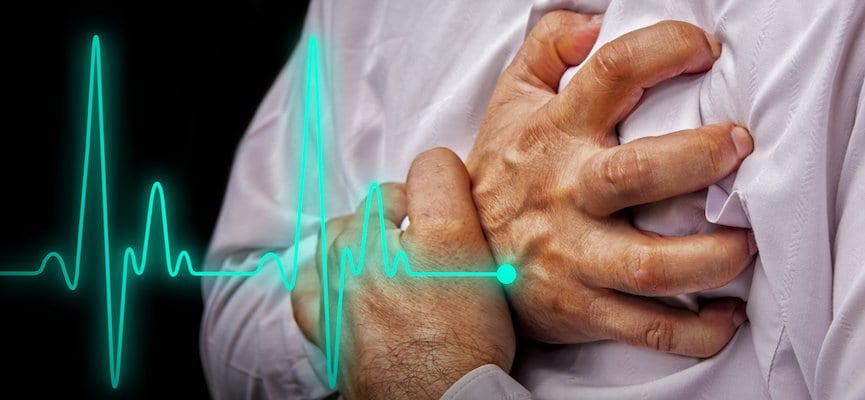Fast Heart Rate At Rest Can Predict Early Death

Recent research has shown that a fast resting heart rate can be an indicator of premature death, even in people who do not have the usual risk factors for heart disease.
"High heart rate is an independent predictor of all-cause and cardiovascular death," said researcher Dr. Dongfeng Zhang.
Meanwhile, according to the American Heart Association, the normal resting heart rate for adults ranges from 60 to 100 beats per minute. When Zhang and his colleagues analyzed 46 studies involving more than 2 million patients.
They found that, as reported by the Natural Society, with a resting heart rate of more than 80 beats per minute had a 45 percent higher risk of death from any cause, while people with a resting heart rate of 60 to 80 beats per minute had a 21 percent higher risk. big.
"Results from this meta-analysis showed that the risk of all-cause and cardiovascular death increased by nine percent for every 10 beats-per-minute increase in resting heart rate," Zhang said.
"The risk of all-cause death increased significantly with increasing heart rate, but a significantly increased risk of cardiovascular death was observed at 90 beats per minute," he added.
Zhang stressed that a person's overall risk of dying from a fast heart rate is small, and the study does not prove that heart rate actually causes premature death; it just shows an association.
This is not the first study to suggest that a high heart rate may indicate a greater risk of premature death, and Dr. Anthony Komaroff of Harvard Medical School says that experts have linked a fast heart rate, or tachycardia, to heart disease as well.
Komaroff says that a resting heart rate of 60-70 beats per minute generally reflects better fitness, and that it's associated with a lower risk of heart disease and premature death.
But Zhang said it was unclear whether a high heart rate was a marker of poor fitness or heart disease. What the researchers wanted to think about was whether increased heart rate was a modifiable risk factor for premature death.
What we do know is that a fast heart rate can affect the body in ways that can negatively affect the heart. Zheng explained that resting heart rate reflects autonomic nervous system activity and hormone levels, in addition to heart fitness. Increased activity of the autonomic nervous system and increased levels of hormones can trigger the onset and progression of heart disease.
Posting Komentar untuk "Fast Heart Rate At Rest Can Predict Early Death"